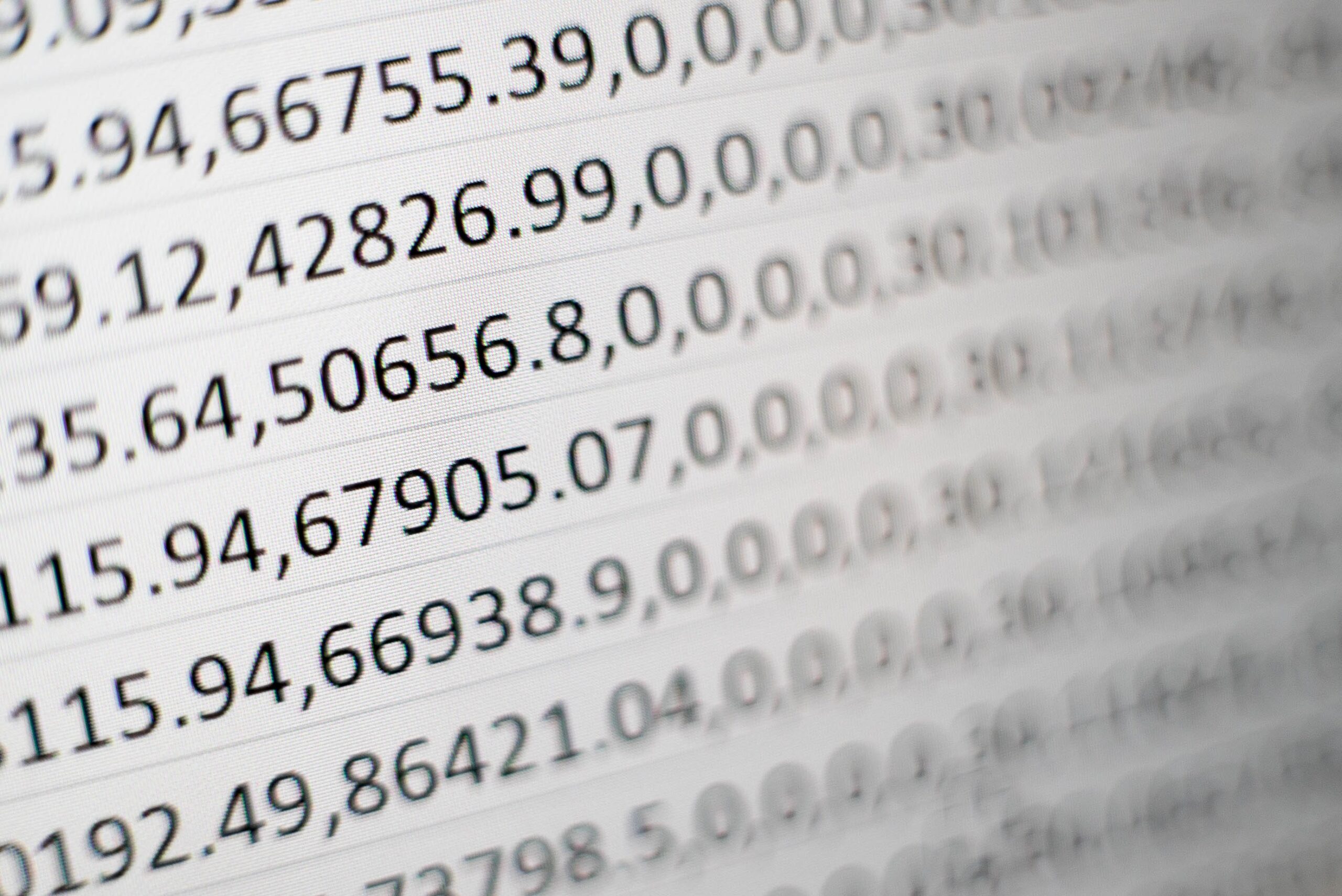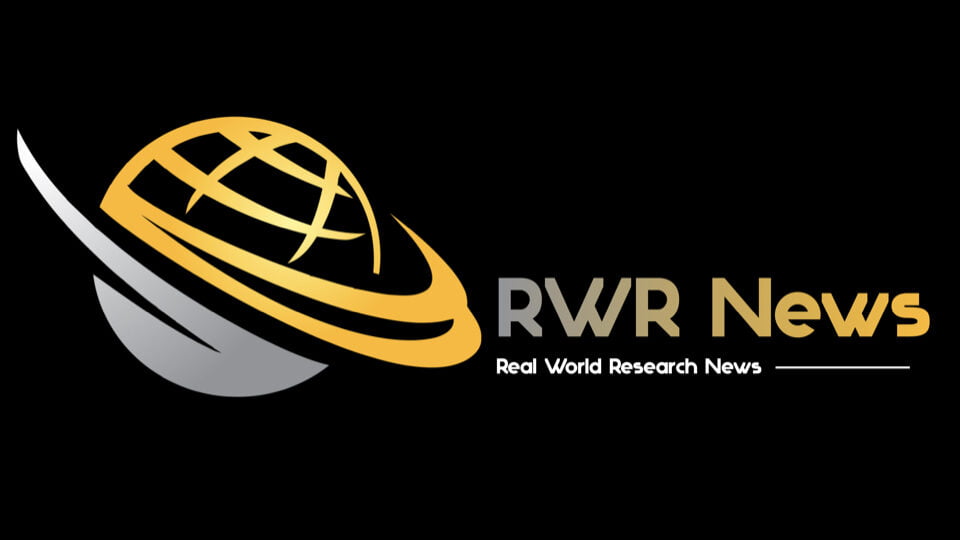
CONTEXT: Worth checking out the original peer-reviewed poster presented at this years AMCP conference. The research notes where RWD source are not comprehensive enough to help answer research questions and signals an increased focus on the quality of available datasets in generating meaningful outcomes.
IMPACT: Medium
READ TIME: 5 mins
Quality Level Mean [1 – 10]: 9
1. “Additionally, 71% (n = 5) of respondents had the ability to distinguish between reference products and biosimilars, and 43% (n = 3) had the ability to link to external data sources, including cancer and death registries.”
2. “Although real-world data (RWD) can be useful when conducting a study comparing the effects of a biosimilar with its reference product, researchers should ensure that RWD sources are comprehensive enough to help answer research questions, according to a poster presented at Academy of Managed Care Pharmacy 2021 .”
3. “To address the insufficiencies of administrative claim data alone, the investigators convened a multistakeholder workgroup of industry sponsors, researchers, and clinicians from the Biologics and Biosimilar Collective Intelligence Consortium to assess the utility of and develop recommendations for RWD sources used for comparison study purposes.”
4. “To overcome data limitations, the investigators said that oncology research will likely need to include claims data in combination with links to external registry data or EHR data because they can provide clinical data that may not be captured by administrative claims data alone, such as cancer stage, disease grade, and radiographic and laboratory findings.”
5. ““For studies requiring detailed clinical oncology data, the feasibility of potential RWD sources should be directly assessed via a questionnaire similar to that employed in this study,” wrote the investigators.”
